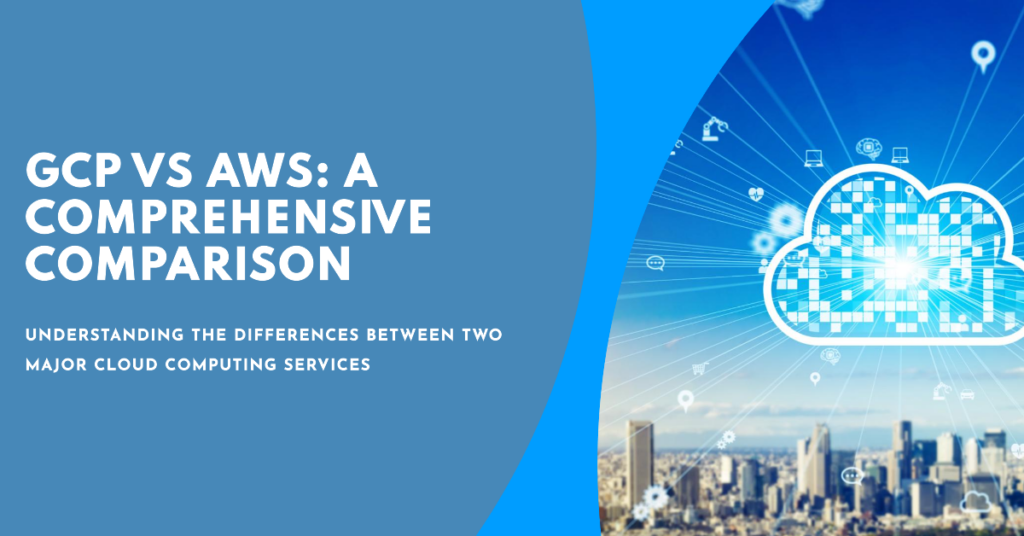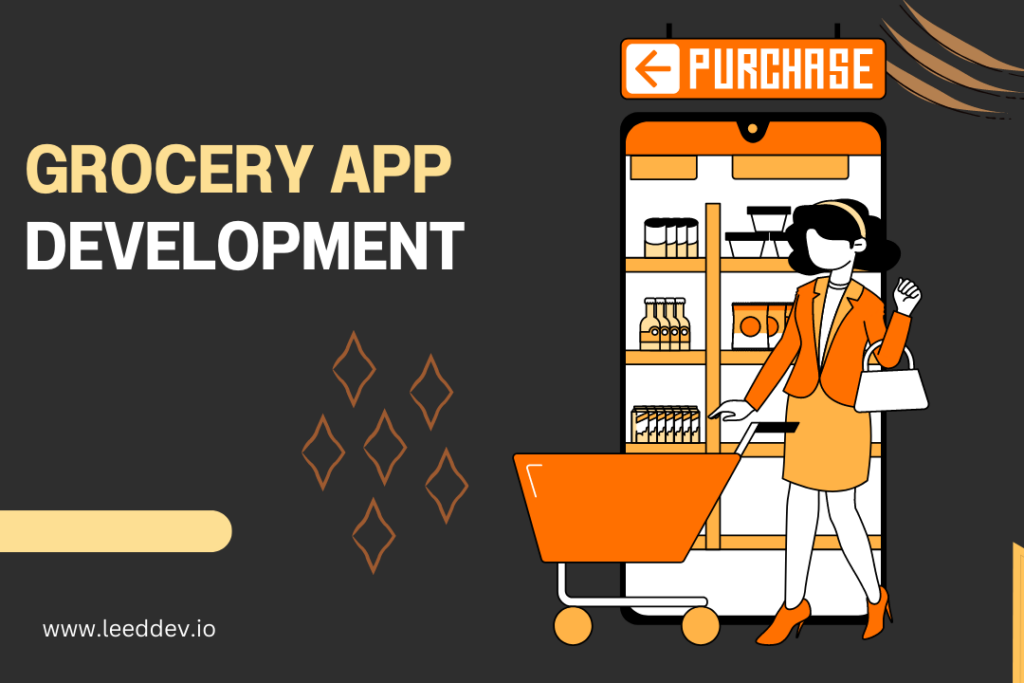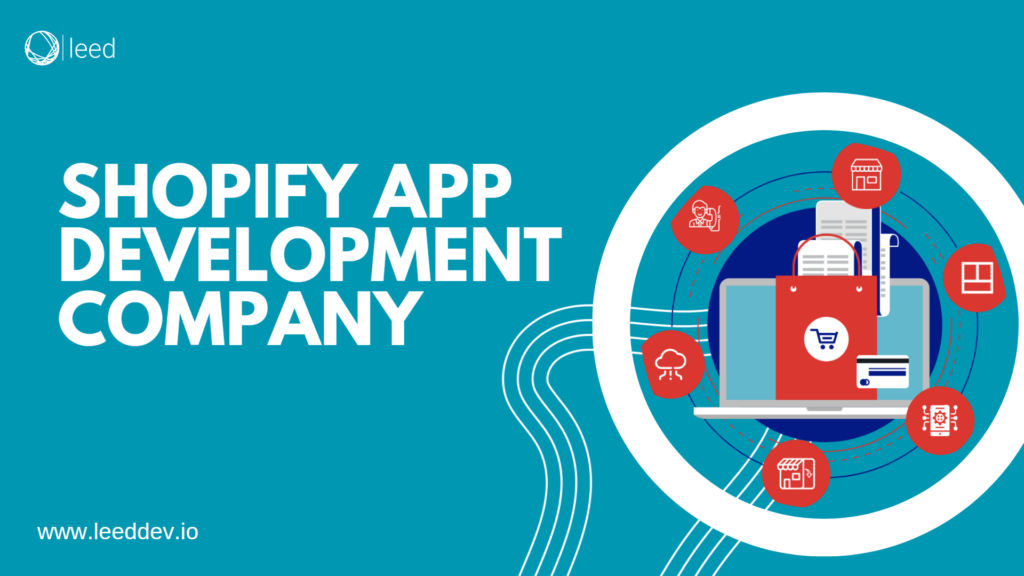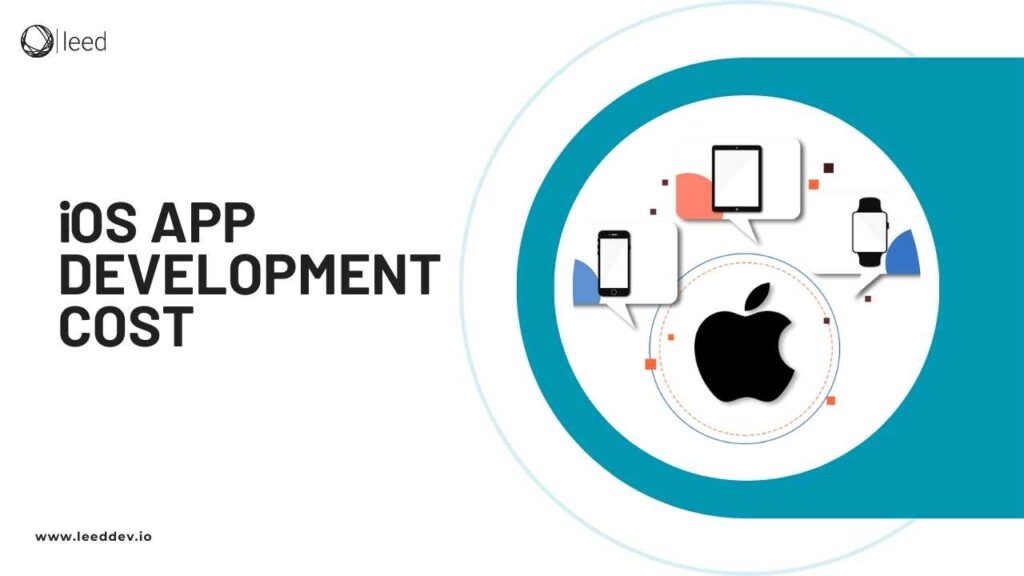As more companies move to the cloud to save money, scale faster and boost performance, choosing the right provider has become harder than ever. With so many platforms and services available how do you know which one is right for your business?
When it comes to cloud computing three names stand out:
- Amazon Web Services (AWS)
- Google Cloud Platform (GCP)
- Microsoft Azure
In this article we’ll focus on the two biggest contenders AWS vs GCP to help simplify your decision. No matter which platform you choose, the key is to align it with your long term goals. Cloud isn’t one size fits all. But with the right provider it can be a game changer.
Read Also: SaaS Application Development Guide
What is AWS?
Amazon Web Services is the world largest and most widely used cloud computing platform. Launched in 2006 AWS allows you to build, deploy & scale apps using on demand services, pay only for what you use. It’s like renting virtual servers and tools that run on Amazon global infrastructure.
AWS offers a wide range of services including:
- Computing
- Networking
- Big Data & Analytics
- Machine Learning
- Security
Why Choose AWS?
- Massive service catalog with deep customization
- Trusted by top enterprises for high reliability and scalability
- Supports all types of applications including web, mobile, gaming, IoT, and more
- Full control over operating systems, programming languages, and databases
- Ideal for businesses looking for power, flexibility, and a proven track record in the cloud space
What is Google Cloud?
Google Cloud Platform is a cloud computing service by Google that allows to build, run and scale apps just like Google does for Search, Gmail & YouTube. It offers powerful tools for computing, storage, networking, machine learning, big data and security.
Launched in 2008, GCP provides 3 main types of services:
- Infrastructure as a Service
- Platform as a Service
- Software as a Service
GCP runs on a global network with 34 regions, 103 zones and 200+ edge locations ensuring high performance and reliability.
Why Choose GCP?
- Simplified pricing with no upfront costs
- Automatic discounts for continuous use
- Ideal for startups and businesses needing cost-effective, scalable solutions
- Strong in data analytics, AI/ML and open source support
From web and mobile apps to large-scale enterprise software, GCP makes it easy to build and manage it all in the cloud.
Pros & Cons Of Amazon Web Services
Before discussing AWS vs GCP difference lets discuss their pros and cons. Main pros of AWS are given below:
Pros
Extensive Service Offering
AWS provides the broadest range of cloud services available in the market everything from computing, storage and networking to advanced technologies like robotics, artificial intelligence, and machine learning. This makes it suitable for businesses of all types and sizes
Highly Mature and Trusted Platform
As the first major player in the cloud space (launched in 2006), AWS is widely considered the most mature cloud provider. It has a well-established reputation for performance, innovation, and continuous improvements
Reliability and Security
AWS is often the first choice for enterprises requiring strict data protection and uptime. It offers robust security features, including encryption, identity access management, and compliance with major global standards
Superior Computational Power
AWS offers more computational capacity than both Google Cloud Platform (GCP) and Microsoft Azure, making it ideal for heavy workloads like big data processing, AI training, and enterprise-level applications
Cons
Cons of AWS are given below:
Higher Cost
While AWS supports almost all major software providers, many of their Dev and Enterprise support services come with additional licensing or support fees, which can increase overall costs.
Steep Learning Curve
The vast number of services, tools and configurations can be overwhelming for newcomers or smaller teams without cloud experience. Navigating and managing the platform effectively often requires training or expertise.
Limited Hybrid Cloud Options
Compared to Microsoft Azure AWS has fewer built-in hybrid cloud capabilities, which may be a downside for companies that need to operate both on-premises and in the cloud simultaneously.
Pros & Cons of Google Cloud Platform
Main pros of Google Cloud Platform are given below:
Pros
High Productivity
GCP services are designed to handle large-scale workloads, supporting tens of thousands of users simultaneously without performance dips ideal for fast-growing applications.
Powerful Big Data Tools
GCP stands out with innovative data tools for data warehousing and Google Cloud Dataflow for real-time data processing.
Strong Security
Google employs over 500 security experts and years of R&D to protect your data. This includes world-class encryption, identity management, and physical security.
Reliability
GCP is built with redundancy in mind. If one data center fails, the system seamlessly switches to another without affecting user experience.
Ease of Use for Startups
GCP has a cleaner, simpler interface with a lower learning curve, making it ideal for smaller teams, especially those building APIs and microservices.
Cons
Some of the cons of Google cloud platform are given below:
Limited Customization
Some GCP tools like BigQuery, Spanner, and Datastore offer limited customization, making them less flexible for unconventional workflows.
App Engine Language Limitations
GCP’s App Engine only supports Java, Python, PHP, and Google Go, limiting developers who rely on other languages.
Slower Innovation Pace
Although stable and reliable, GCP can lag behind AWS and Azure in rolling out new features or updates.
Inconsistent Documentation
While extensive, GCP documentation sometimes lacks clarity, contains contradictions, or omits critical information posing challenges for developers.
Why are So Many Companies Switching to Cloud?
Because the benefits are real. Cloud offers unmatched scalability, security, cost savings & flexibility. But while moving to cloud is a smart step, navigating the endless service options can quickly become overwhelming.
AWS has led the cloud market for years. It’s known for its vast service range, enterprise grade tools and global infrastructure.
GCP, however, is gaining ground fast especially among startups and data-driven businesses. Its strengths lie in machine learning, data analytics, and a simpler pricing model.
Choose AWS if you need robust enterprise features and global reach.
Pick GCP if you want user-friendly tools, better support for data and AI, and clearer pricing especially if you’re just starting out.
Difference Between AWS and GCP
| Feature | AWS (Amazon Web Services) | GCP (Google Cloud Platform) |
| Launch Year | 2006 | 2008 |
| AWS vs GCP Market Share | Largest in the cloud market | Gaining traction, third behind AWS and Azure |
| Services Offered | Broadest service catalog (200+ services) | Fewer services but strong in data, AI, and containerization |
| Big Data & Analytics | Redshift, Athena, EMR | BigQuery, Dataflow, Dataproc |
| Machine Learning | SageMaker, Rekognition, Lex | Vertex AI, TensorFlow, AutoML |
| AWS vs GCP pricing | Pay-as-you-go, Reserved Instances, Savings Plans | Pay-as-you-go, Sustained Use Discounts, Committed Use Discounts |
| Free Tier | 12-month and always-free offers | 12-month free trial + always-free services |
| Ease of Use | More complex, powerful for experienced users | Easier to use, especially for smaller teams and startups |
| Integration | Works well with enterprise apps and Microsoft tools | Best with Google services (Gmail, Drive, Docs, etc.) |
| Security | Highly secure, used by government and financial institutions | Strong security backed by Google’s R&D and team of 500+ experts |
| Documentation | Extensive and detailed | Extensive, but sometimes inconsistent |
| Support | Strong support tiers, responsive | Decent support, but considered slower and more expensive |
| Innovation Speed | Very high | Slower in comparison |
| Hybrid Cloud Support | AWS Outposts, strong hybrid solutions | Limited hybrid capabilities |
AWS vs GCP Which is Better?
AWS or GCP? There’s no definitive answer to which cloud platform is better as it depends entirely on business needs. Every organization has different priorities, workloads and compliance requirements. While AWS and GCP offer many similar services, each has carved out its niche. The right choice depends on how well the platform aligns with company long term cloud strategy and technical goals.
If you’re a startup anticipating rapid growth AWS is a strong choice. It provides an extensive catalog of services and has a large pool of experienced engineers making it easier to scale quickly and build complex applications with flexibility. On the other hand, if your startup values simplicity and wants to avoid managing too many options, Google Cloud Platform is a great fit. It offers a cohesive set of services that are easy to use, making it ideal for deploying APIs, containers, and serverless apps efficiently especially for smaller teams.
Summarizing It!
Both AWS and GCP are powerful cloud platforms but the right choice depends on your business needs. Choose AWS for enterprise grade features, global reach, and scalability. Go with GCP if you want simplicity, strong data and AI tools, and cost-effective solutions for startups. The best cloud provider is the one that aligns with your goals and growth strategy.
FAQs
Which is cheaper: AWS or GCP?
GCP often has simpler pricing and offers automatic sustained-use discounts, making it more cost-effective for some workloads. However, AWS provides more flexible pricing models like Reserved Instances and Savings Plans.
Which platform is easier to use for beginners?
GCP is generally easier for beginners and startups due to its cleaner interface and fewer options to manage. AWS has a steeper learning curve but offers more flexibility for advanced users.
Which is better for machine learning: AWS or GCP?
GCP leads in AI/ML with tools like Vertex AI and TensorFlow. AWS also offers powerful ML tools like SageMaker, but GCP is often preferred by data-driven companies and researchers.
Does AWS or GCP have better global infrastructure?
AWS has a larger global infrastructure with more regions and availability zones, making it ideal for global enterprises. GCP is catching up with a strong global presence as well.
Which cloud platform is better for startups?
GCP is a great fit for startups due to its simplicity, cost-effectiveness, and strong data tools. AWS is better for startups that anticipate fast growth and need a wide range of services.
Can I switch from AWS to GCP or vice versa?
Yes, but it requires careful planning. Migrating between cloud platforms involves reconfiguring services, rewriting infrastructure scripts, and managing data transfer, so it’s best done with expert support.




